Over 25 years ago during my PhD research comparing the organisation of midwifery and maternity care in the Netherlands and the Northeast of Scotland I wrote a chapter comparing the history of maternity care in the two countries. I needed to write this not, as I thought at the time, to improve my thesis, but for myself to help me as a sociologist to help understand these historical developments.
In the process of researching the history of midwifery in the Netherlands I found a commemorative book by Drenth (1998) celebrating the centenary of the Dutch midwifery organisation. In this book is a footnote stating that the first chair of the KNOV (Royal Dutch Organisation of Midwives), Ms Francijntje de Kadt, lived and worked in the town of Vlaardingen in the late 19th to early 20th century (Drenth 1998). This note caught my eyes as I am born and bred in Vlaardingen.
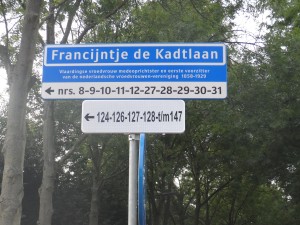
Francijntje de Kadtlaan in Vlaardingen, the Netherlands
After a bit more searching and a visit to the archives of the town of Vlaardingen I managed to dig up a little more about Francijntje de Kadt, but not an awful lot. During a family visit to the Netherlands I visited the archives of Vlaardingen to see what information they had about her. The archivist immediately recognised the name of Francijntje de Kadt, since genealogists keep finding her name as the midwife listed on their ancestors’ birth certificates. However, the archivist did not know that Francijntje de Kadt had been the first chair of the Dutch Mmidwifery organisation from its establishment in 1898 till 1926. At that point I decided to apply for a small travel grant in the History of Medicine from the Wellcome Trust. That application was successful, awarding a travel grant of £ 1,050 in 2001. My research in various archives in the Netherlands resulted in two papers (in Dutch) about Francijntje de Kadt, one in a local history journal (van Teijlingen 2003a) and one in the Dutch midwifery journal (2003b) and one about the collapse in 1921 of the midwives’ first pension fund (van Teijlingen 2002). This was for a while the end of my career as an amateur historian due to my busy day job as a health researcher and MSc coordinator at the University of Aberdeen.
Many years later (2010) I ended up talking to the burgomaster of Vlaardingen at the reception organised by the town to celebrate the fact that my father had been awarded the Dutch equivalent of an OBE. Over a drink I asked the burgomaster what the process was for suggesting a new street name in Vlaardingen. He suggested I write to the Street Name Committee with a justification why Francijntje de Kadt deserved a street name. With my recommendation I sent this committee my two Dutch publications. A few months later the secretary to the Street Name Committee wrote to say that my proposal had been accepted and that her name would be given to a street in a new development of the former local hospital grounds.
Then in mid-2015 a Dutch historian Eva Moraal came to Vlaardingen with her partner on a day trip and they ended up walking through the Francijntje de Kadtlaan. She read the subscript on the street sign (see photo) and thought ‘This woman need to have an encyclopaedia entry!’ A few days later she emailed me at Bournemouth University for further information on the live, work and achievements of Francijntje de Kadt to help her write a piece for the encyclopaedia. Two months ago Eva Moraal (2015) published her very nice contribution on Francijntje de Kadt.
So what started as a small historical study as an introduction chapter of a PhD thesis in Medical Sociology ended up with a ‘forgotten’ national midwifery leader having a street named after her in the town she spent most of her working live and her own entry in the encyclopaedia, Digitaal Vrouwenlexicon van Nederland (in Dutch: Online Women’s Lexicon of the Netherlands). What is even more interesting that this otherwise chronologically logical story is based on three major co-incidents: first, spotting a footnote in commemorative book about Vlaardingen. If Francijntje de Kadt had lived and worked anywhere else in the Netherlands other than my birthplace I would not have paid much attention. Secondly, speaking to the burgomaster of Vlaardingen and having a conversation in which street names cropped up, and thirdly, Eva Moraal who just happened to walk through the Francijntje de Kadtlaan, reading the street sign, and thinking this is an historical figure who needs better recognition.
Prof. Edwin van Teijlingen
CMMPH
References:
Drenth, P. (1998) 1898-1998. Honderd jaar vroedvrouwen verenigd, Bilthoven: KNOV.
Moraal, E. (2015) Kadt, Francijntje de, in: Digitaal Vrouwenlexicon van Nederland. URL: http://resources.huygens.knaw.nl/vrouwenlexicon/lemmata/data/Kadt
van Teijlingen, E. (2002) Ondergang eerste pensioenfonds voor vroedvrouwen (in Dutch: Decline of the first pension fund for midwives), Tijdschrift voor Verloskundigen (in Dutch: Journal for Midwives), 27(12): 684.
van Teijlingen, E.R. (2003a) Berichten – Francijntje de Kadt (1858-1929), Tijdschrift voor Verloskundigen (in Dutch: Journal for Midwives), 28(12): 630-633.
van Teijlingen, E.R. (2003b) Francijntje de Kadt (1858-1929). Vroedvrouw te Vlaardingen en eerste voorzitter van de Nederlandsche vroedvrouwenvereeniging, Tijd-schrift (in Dutch: Time-Magazine) 88: 14-23.
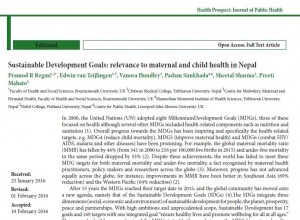
 Since late 2015 the world strives to achieve towards the Sustainable Development Goals (SDG). The SDGs bring together the social, economic and environmental aspects of development. There are 17 SDGs sub-divided into 169 targets. One of these 17 goals focuses specifically on health, namely to “ensure healthy lives and promote wellbeing for all at all age”. SDG devotes 13 health-related targets to diverse population health and wellbeing issues including maternal and child health, communicable disease including HIV, non-communicable diseases, substance use, traffic accidents, universal access to sexual and reproductive health, and sanitation.
Since late 2015 the world strives to achieve towards the Sustainable Development Goals (SDG). The SDGs bring together the social, economic and environmental aspects of development. There are 17 SDGs sub-divided into 169 targets. One of these 17 goals focuses specifically on health, namely to “ensure healthy lives and promote wellbeing for all at all age”. SDG devotes 13 health-related targets to diverse population health and wellbeing issues including maternal and child health, communicable disease including HIV, non-communicable diseases, substance use, traffic accidents, universal access to sexual and reproductive health, and sanitation.
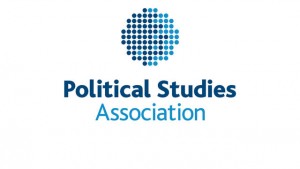



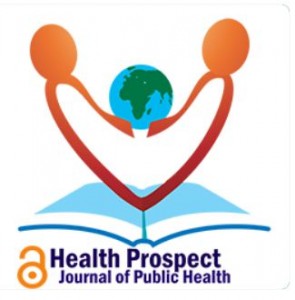

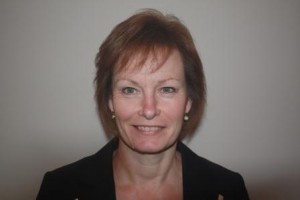
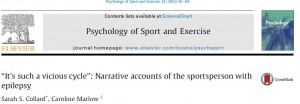
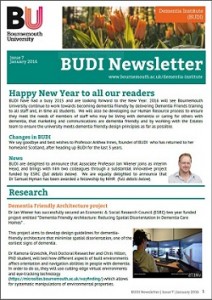
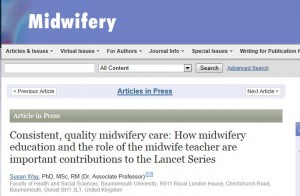
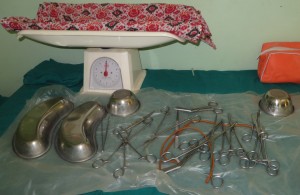
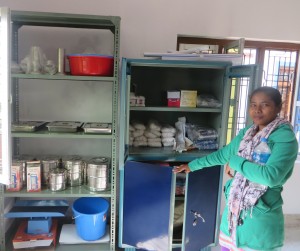
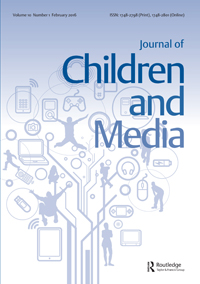

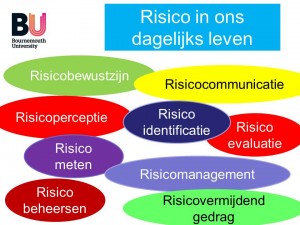
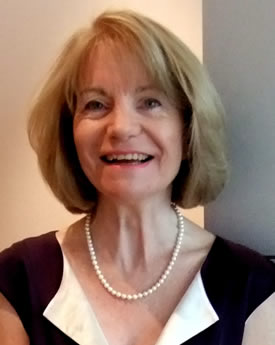











 SPROUT: From Sustainable Research to Sustainable Research Lives
SPROUT: From Sustainable Research to Sustainable Research Lives BRIAN upgrade and new look
BRIAN upgrade and new look Seeing the fruits of your labour in Bangladesh
Seeing the fruits of your labour in Bangladesh Exploring Embodied Research: Body Map Storytelling Workshop & Research Seminar
Exploring Embodied Research: Body Map Storytelling Workshop & Research Seminar Marking a Milestone: The Swash Channel Wreck Book Launch
Marking a Milestone: The Swash Channel Wreck Book Launch ECR Funding Open Call: Research Culture & Community Grant – Application Deadline Friday 12 December
ECR Funding Open Call: Research Culture & Community Grant – Application Deadline Friday 12 December MSCA Postdoctoral Fellowships 2025 Call
MSCA Postdoctoral Fellowships 2025 Call ERC Advanced Grant 2025 Webinar
ERC Advanced Grant 2025 Webinar Update on UKRO services
Update on UKRO services European research project exploring use of ‘virtual twins’ to better manage metabolic associated fatty liver disease
European research project exploring use of ‘virtual twins’ to better manage metabolic associated fatty liver disease